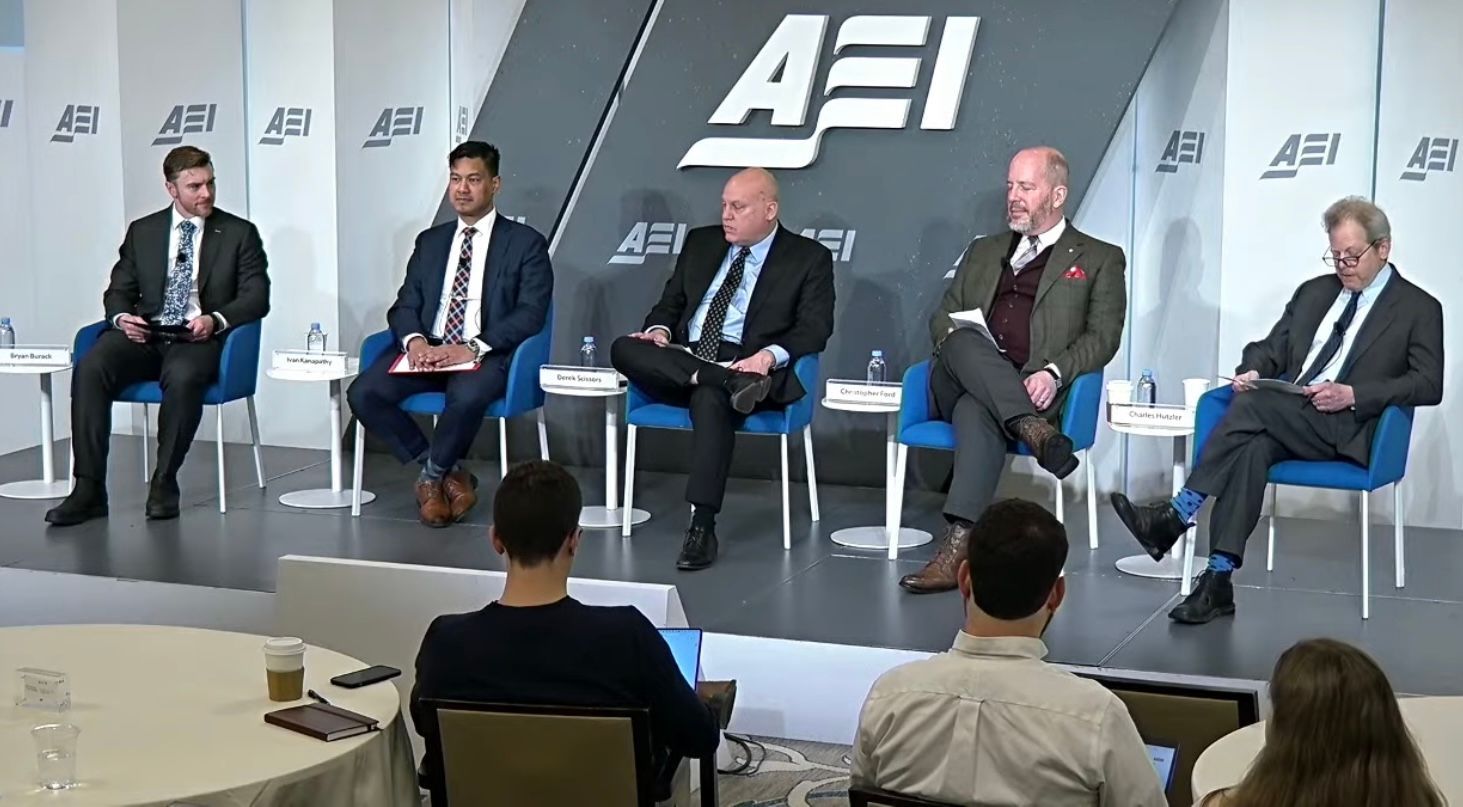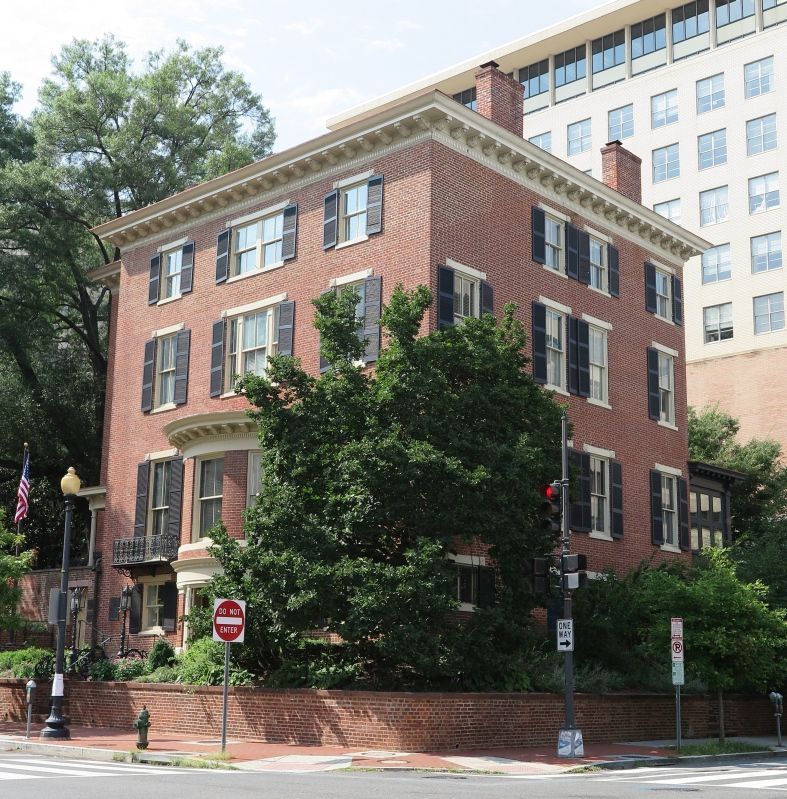The Hon. Christopher A. Ford
New Paradigms Forum -- International Security Policy Since 2009
Guest Blog: David Lowry on Disarmament, the NPT, and Modernization
Note:
David Lowry is an independent research policy consultant specializing in nuclear issues, working with politicians, NGOs and the media. He is a former director of the European Proliferation Information Centre [EPIC] in London. He supplied this guest blog entry to Chris Ford on Wednesday, March 31, in response to Ford’s posting on the new post-START agreement.
Christopher Ford’s latest commentary understandably concentrates on impact of the latest bilateral nuclear WMD reduction agreement on security policies of Moscow and Washington, especially in the context of planning for the Nuclear Non- Proliferation Treaty (NPT) Review conference in New York in May.
However, the third depositary state for the NPT – alongside the US and Soviet Union (Russia has inherited the Soviet responsibility) – was the United Kingdom. Files available at the UK National Archives in Kew, near London, which I have researched show the commitments made publicly by the UK in the 1960s when the NPT was being negotiated. They tell a story with contemporary security reference.
On January 23 1968, then [junior] minister of state for foreign affairs [the now Late Lord] Fred Mulley spoke in Geneva at the UN 18-nation Disarmament Committee to argue the case for nations to sign up to the new treaty. He declared: “My government accepts the obligation to participate fully in the negotiations required by article six” of the NPT “and it is our desire that these negotiations should begin as soon as possible and should produce speedy and successful results. “There is no excuse now for allowing a long delay to follow the signing of this treaty.” Mulley also told the representatives of the very nations which the UK hoped to convince to join up to the atomic self-denying treaty that NPT “articles one and two effectively provide for the closing of all loopholes of practical significance to the proliferation of nuclear weapons.”
While negotiators worked hard to ensure that nuclear weapons owned by the two main cold war powers – the U.S. and the Soviet Union – could be based on foreign soil, a secret U.S. “interpretations memo” dated May 1967 stated that the NPT would prohibit transfer to any recipient whatsoever “nuclear weapons” or control over them, meaning “bombs and warheads.”
By anyone’s judgment, buying Trident from the US is an indirect transfer and a breach of NPT article one. So, unforgivably, 39 years on from the original negotiations, new Labour ministers have worked hard to slip British nuclear weapons through the very loophole that a predecessor Labour regime had promised did not exist.
Following the Geneva conference, Mulley sent a confidential memo to the UK Cabinet defence and overseas policy committee setting out the UK’s position on the key nuclear disarmament clause, which became NPT article six.
“A number of countries may withhold their ratification of the treaty until nuclear-weapon states show they are taking seriously the obligations which this article imposes on them. It will, therefore, be essential to follow the treaty up quickly with further disarmament measures if it is to be brought into force and remain in force thereafter,” he wrote.
“We have, therefore, begun to work on a paper examining the most suitable measures on which we should concentrate our attention once a Non-Proliferation Treaty has been achieved.”
The contrast between this intention and the present UK Labour Government’s desire to extend the possession of nuclear WMD for another half-century could not be clearer. And the UK Parliament has sanctioned this betrayal.
A talking paper prepared for ministers in April 1968 pointed out that it was important to be able to answer convincingly the question: “Doesn’t the signing of the treaty mean giving up a basic right – the right to develop nuclear weapons for self-protection if necessary?”
Ministers were told: “It should be remembered that the NPT is, in the first instance, in the interests of non-nuclear countries themselves, adding to their security against the development of nuclear weapons in non-nuclear rival states and sparing them the vast expense of developing such weapons themselves.”
It’s a pity that this argument was not listened to by ministers considering a needless new nuclear weapons system.
When the UK lawmakers who voted for a Trident replacement in Parliament want funds in future for schools, hospitals and sports fields in their constituencies, they should not complain when the Chancellor ( i.e., UK Treasury Secretary) of the day says that the coffers are bare.
The same applies to Congressmen and women looking towards November’s mid-terms. How can they justify to voters the cuts in state social and infrastructure programs, and consequent job losses in a serious recession, when hugely capital-intensive “modernization” programs for nuclear WMDS go ahead?
The U.S., UK and Russia will also find it hard to justify these “modernizations” at the NPT RevCon in New York to non-nuclear weapons states who have maintained compliance with their own self-denying nuclear WMD obligations across the past four decades, while the atomic arms race amongst the NPT depository states has spiraled.
-- David Lowry



Copyright Dr. Christopher Ford All Rights Reserved






